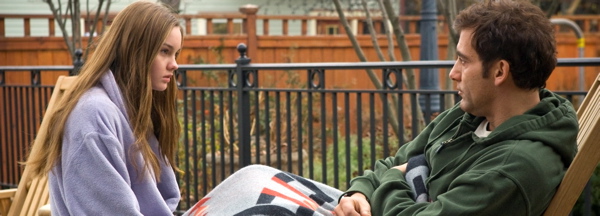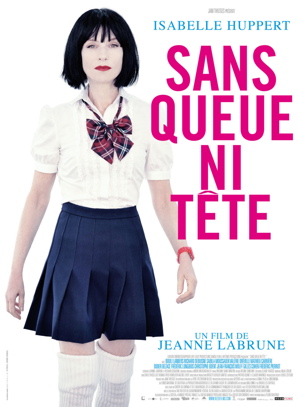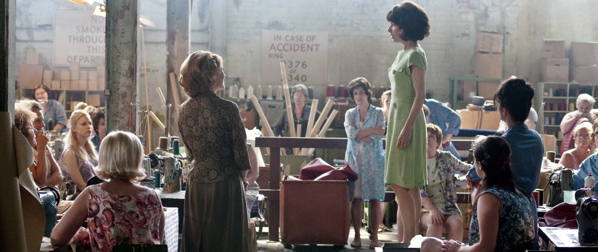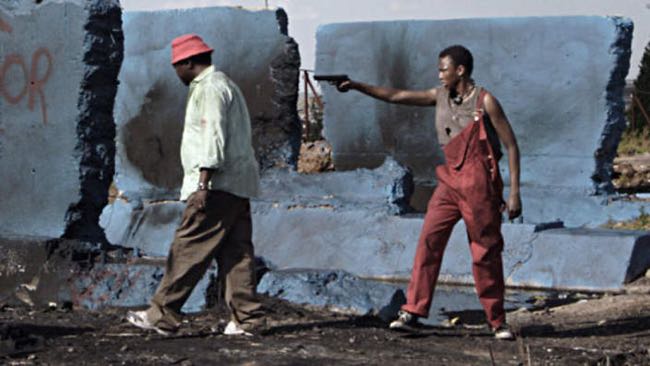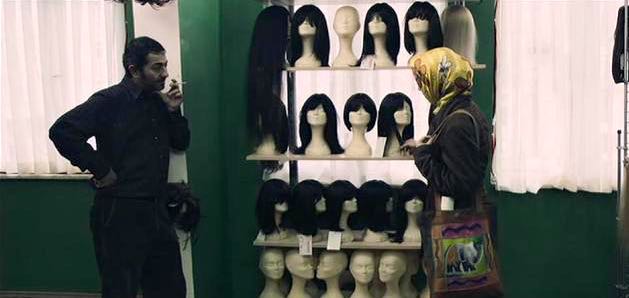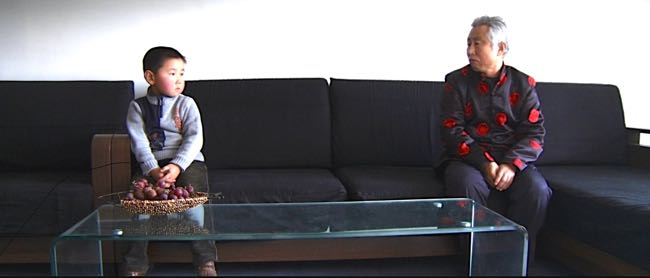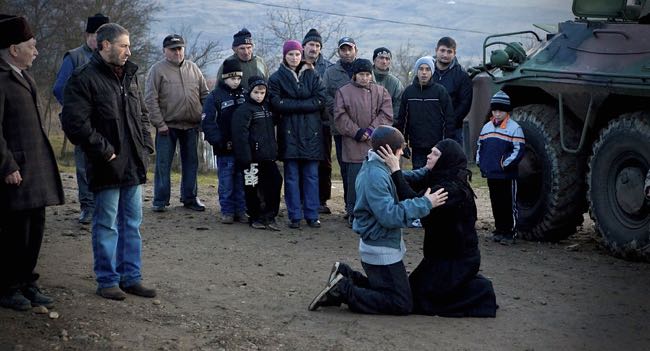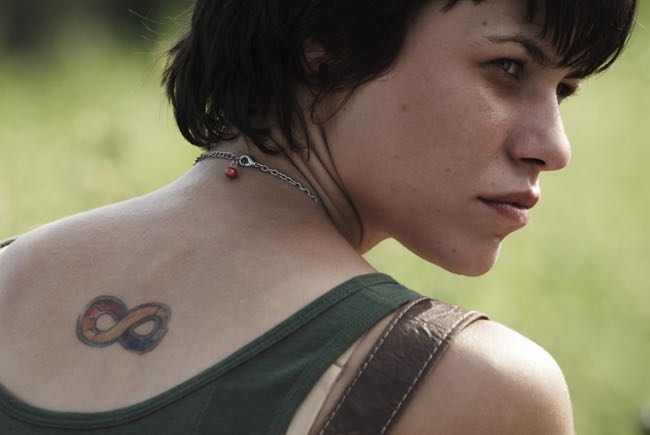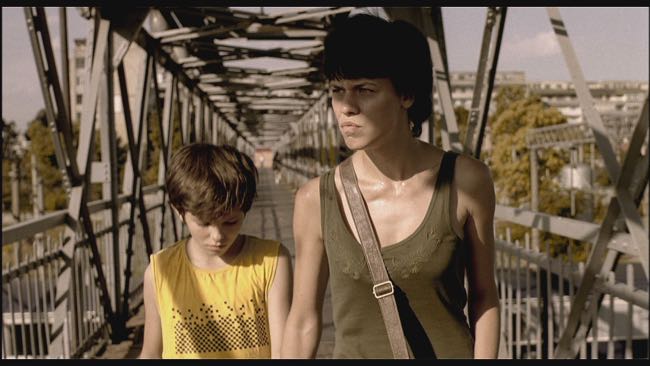By Ray Bennett
TORONTO – The title of David Schwimmer’s understated drama “Trust” derives from children and parents who have too much of it when dealing with the potential perils of internet chat rooms.
Clive Owen provides a wrenching study of an apparently hip dad whose confidence in his 14-year-old daughter’s fearlessly independent spirit is destroyed when she falls afoul of a preying pedophile.
The film has some problems with plausibility given the huge amount of publicity accorded the dangers of online relationships and there are questions about the girl’s behavior. But the even-handed storytelling and moving performances should attract substantial grownup audiences.
Without attempting to be too clever, Schwimmer and screenwriter Andy Bellin use onscreen titles to match online chats as the central characters are introduced. Annie (Liana Liberato) gets a top-of-the-line laptop for her birthday to go with her smartphone but besides her school pals she’s in constant touch with a boy in California she knows as Charlie.
Mom (Catherine Keener) and dad are professionals who run a loving home with Annie, a son going off to college and a younger daughter. Heading to highschool, Annie worries about being popular and making the netball team but the one she confides in most is Charlie.
Credibility takes a hit when Charlie reveals in their online chats that he is not Annie’s age but actually 20. Then he tells her he’s 25, and doesn’t stop there. Schwimmer makes no attempt to obscure the fact that Liberato is a perfectly gorgeous young woman with poise, intelligence and charm, so it’s a bit surprising that she doesn’t just go, “Eyew,” and cut him right off.
With dad a handsome and successful advertising man who adores her, it’s not easy to see where her lack of esteem and apparently desperate need for approval come from.
Still less when she agrees to meet Charlie at the mall and he turns out to be a 40-year-old man (Chris Henry Coffey) with a pleadingly unctuous manner. The plot requires Annie to go with him to a motel room and parade in skimpy red undies he bought for her.
The film withdraws before the inevitable assault takes place but Schwimmer is less interested in that than he is in the repercussions since Annie turns out to be not terribly fazed by it. Only when a school chum reports seeing her with an older man does the truth come out.
The reaction of the parents is far more credible as dad goes almost ballistic while mom seeks to comfort a daughter who says she only wants to be able to continue her relationship with a man they view as a rapist but she sees as a soul-mate.
This theme is well drawn and the film plays out with great intensity as Owen’s character grapples with the fact that the daughter he loves might have changed forever. The filmmakers know, too, that there are no glib answers and their film sensibly does not attempt to provide them.
Venue: Toronto International Film Festival; Distributor: Millennium Films; Production company: Nu Image; Cast: Clive Owen, Catherine Keener, Liana Liberato, Viola Davis; Director, Producer: David Schwimmer; Screenwriter: Andy Bellin; Producers: Avi Lerner, Robert Greenhut, Heidi Jo Markel, Tom Hodges, Dana Golomb and Ed Cathell; Director of photography: Andrzej Sekula; Production designer: Michael Shaw; Music: Nathan Larson; Costume designer: Ellen Lutter; Editor: Douglas Crise; No rating, running time 124 minutes.
This review appears in The Hollywood Reporter

